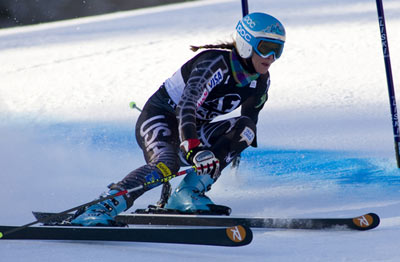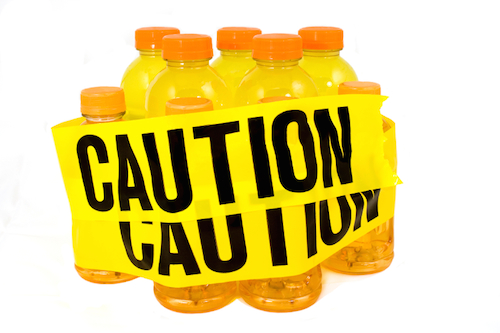Developing the Teenage Weight Loss Brain
By Dan Peterson, TeamSnap's Sports Science Expert
So many decisions in a teen’s life are based on willpower. Keeping their weight under control is no different. Practicing self-discipline when unhealthy foods are all around them is the only way they can lose weight and keep it off over time. So, where in the brain are those decisions being made, and how can parents develop that skill in their kids? Neuroscientists at Brigham Young University put a bunch of teens in an MRI machine to find out.
First, they found 34 hungry but willing kids to volunteer for a unique experiment. Specifically, three groups were formed; those that had always maintained a healthy weight, those that were overweight and those that used to be overweight but had successfully lost the pounds and kept them off for at least a year.
To trigger those hunger pains, the kids were kept away from any food for four hours. When they met in the MRI lab, they could have eaten their scrubs. While each of their brains were scanned, they were shown pictures of both healthy and unhealthy foods. The researchers paid attention to the areas of the brain that showed the most activity when shown pizza versus vegetables.
Here’s the fun part. For the group that had lost weight, their prefrontal cortex lit up when pictures of bad food choices were shown. This didn’t happen nearly as much for the normal weight and the overweight groups. What happens in the prefrontal cortex? Something called “executive function” which includes planning, problem solving and overall decision making.
In other words, the group that had figured out how to lose weight by controlling their cravings with strong-willed choices need to constantly access this brain region when faced with a temptation. It’s not as hard for the healthy group and the overweight group simply gives in without a lot of thought.
The research has been published in the journal Obesity and a video summary is also available here.
So, how can those overweight teens learn to build their resistance? Are there activities or exercises that can train self-control?
“You can improve executive control,” said Brock Kirwan, a neuroscientist at BYU and one of the co-authors of the study. “Successful programs involve repeated practice and ramping up the challenges to executive control, kind of like successful exercise programs.”
Specifically, the researchers suggest aerobic activity involving goal-setting, computerized training games and yoga/meditation. Really anything that teaches delayed gratification.
“The promising piece is that it appears we can help people to learn how to make better choices about food,” said Chad Jensen, a psychologist at Brigham Young University and co-author.
Good news for everyone trying to resist the bad stuff and improve their eating habits.
NEW! Free Sports Organization Resources
All of TeamSnap's ebooks, articles, and stories in one place. Access Now
Similar Articles:

Olympic Sports Nutrition Advice For Everyone
By Dan Peterson, TeamSnap's Sports Science Expert. Right…
Read More

How Eating Breakfast Will Help Your Kids Control Their Weight
By Dan Peterson, TeamSnap's Sports Science Expert Eat…
Read More

What You May Not Know About Sports and Energy Drinks
By Dan Peterson, TeamSnap's Sports Science Expert …
Read More
